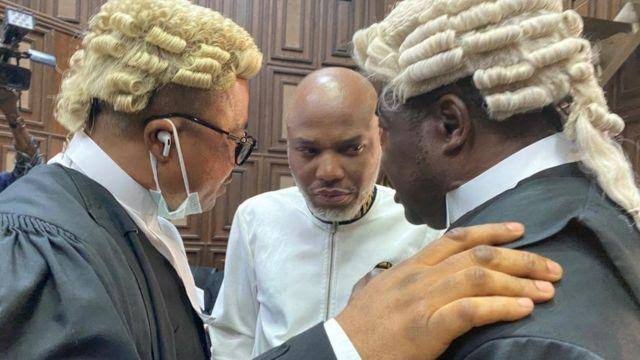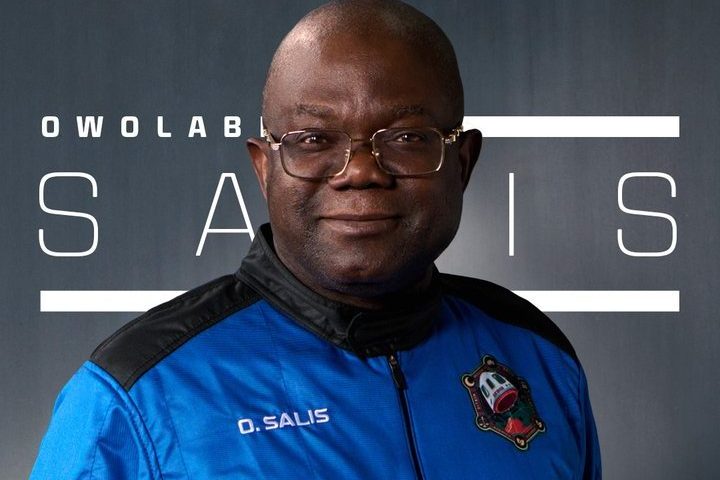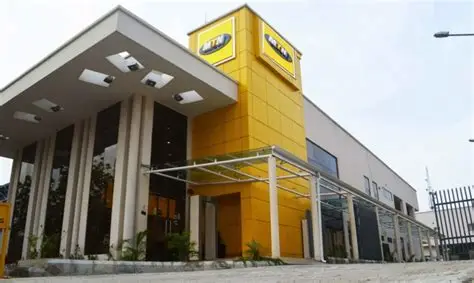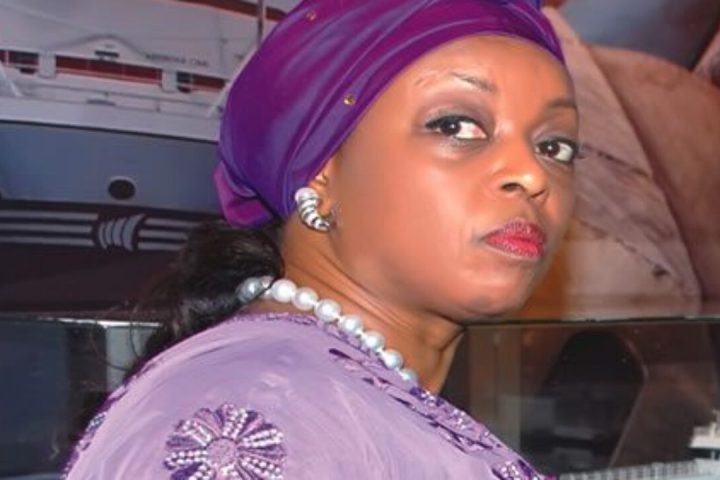The detained leader of the proscribed Indigenous People of Biafra (IPOB) Mazi Nnamdi Kanu has vehemently resisted that his terrorism trial at the Federal High Court be done in secret, reports Prime Business Africa.
Join our WhatsApp ChannelKanu made this known in an origination summons filed by his lawyer, Ifeanyi Ejiofor on Monday to challenge the practice direction of the court.
He prayed the court to declare that the provisions of Order III of the Federal High Court Practice Directions (On Trial of Terrorism Cases) 2022, were already the subject of Section 36 (4)(a) and (b) of the constitution of the Federal Republic of Nigeria, 1999, as amended, and consequently, “they areotiose, inoperative and outrightly ultra vires.”
Furthermore Kanu, through his legal counsel asked the court to declare it “invalid, null, void and of no effect whatsoever.”
The Chief Judge of the Federal High Court, Justice John Tsoho, and its Chief Registrar were listed as defendants in the suit which processes were obtained by journalists on Monday.
Under the new arrangement, the court said media coverage of proceedings is strictly prohibited.
“Coverage of proceedings under these practice directions is strictly prohibited, save as may be directed by the court. A person who contravenes an order or direction made under these practices shall be deemed to have committed an offence contrary to Section 34(5) of the Terrorism (Prevention) Act 2011 as amended,” the document stated.
Justice John Tsoho had released a new practice direction for the trial of terrorism cases before the court.
The cases of Nnamdi Kanu, Bureau de Change operators indicted over sponsorship of terrorism, and Boko Haram suspects are currently before the court.
Justice Tsoho said the new practice direction was in the exercise of his constitutional powers as enshrined in Section 254 of the Constitution of the Federal Republic of Nigeria 1999 (as amended).
Izuchukwu Okosi is a Nigerian sports and entertainment journalist with two decades of experience in the media industry having begun his media journey in 2002 as an intern at Mundial Sports International (MSI) and Africa Independent Television (AIT), owners of Daar Communications Plc.


















Follow Us